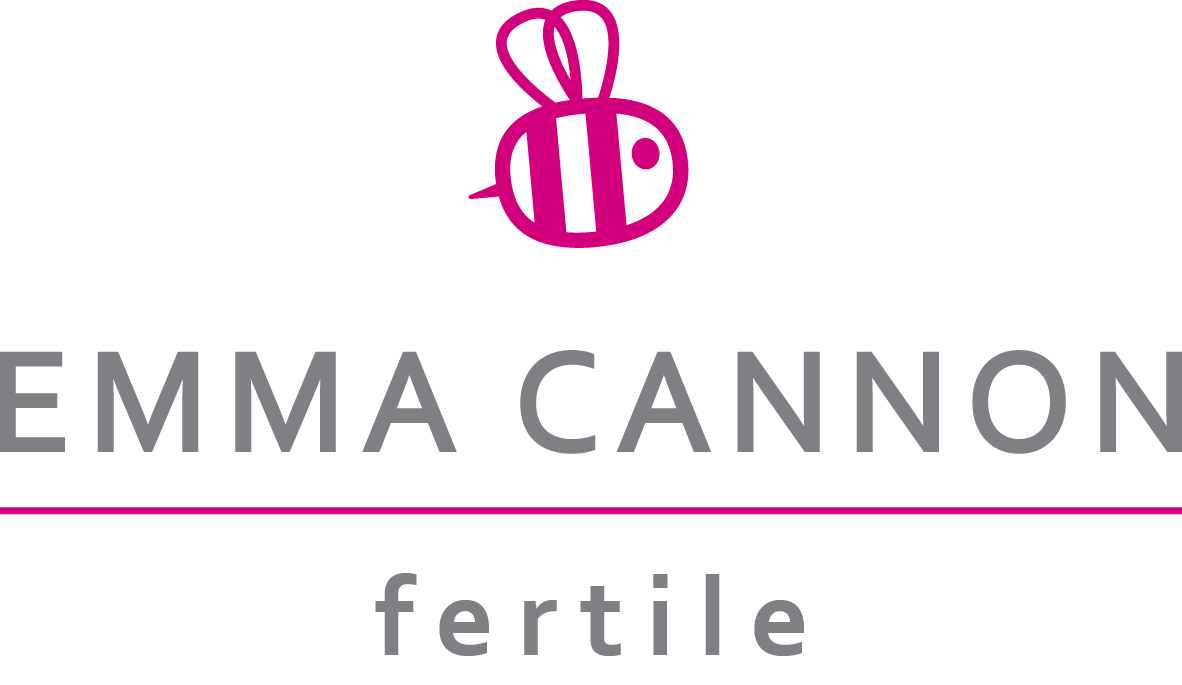The Body Mind Gut connection
/ What do you know about your microbiome? Victoria explains the science behind the new health buzz word...
What do you know about your microbiome? Victoria explains the science behind the new health buzz word...
The human microbiome is the community of microbes that live on and in the human body. These tiny organisms play a vital role in the overall health of our bodies. The oldest form of life on earth, human evolution owes a lot to the presence of these microbes, as we were able to utilize their genetic capabilities to help our bodies do things we would otherwise not be capable of – providing an evolutionary ‘short cut’ which enabled us to eat and digest the varied diet essential to the development of modern homo sapiens. They remain absolutely crucial to our digestion, immune system and reproductive function. Our bodies are a superorganism made up of human and microbial cells and each microbial site – gut, skin, mouth and vagina – has its own distinct microbiome which varies from person to person. This is influenced by exposure at birth and early childhood and other factors including diet and environment. The developed world has now experienced over eighty years of antibiotic use which have, of course, saved many lives. But our obsession with trying to clean “germs” from our homes and bodies has had unintended consequences on our microbiomes, and we now know that overuse of antibiotics is contributing to their increased lack of efficacy, in part because they wipe out so many of the vital microbiome in the body along with the harmful microbes which were their original target. Scientific research has now brought microbiome into the mainstream and people are increasingly aware of the need to, for example, nurture beneficial microbes (so called ‘probiotics’ or ‘good bacteria’) within their digestive tract and to avoid the overuse of antibiotics. Professor Tim Spector, a consultant Guys & St Thomas’ Hospital and author of the best-selling book The Diet Myth, has been hugely influential in bringing awareness of microbiome and the importance of gut health to a wider audience. He is currently developing a ‘Map My Gut’ sequencing test which may prove useful in breaking down an individual’s gut microbiome profile and using this to inform prognosis and treatment of any existing condition and the provision of advice on appropriate lifestyle and nutritional changes. At the Emma Cannon Clinic we have been running our Body Mind Gut Programme with clients for over a year now; a programme which recognises the significance of gut microbes for reproductive health. The impact which a healthy digestion, metabolism of nutrients and regulation of the immune system can have on our fertility is profound. The programme, which targets diet and lifestyle factors and monitors improvement over the short and the long term, has been successful at improving gut health, regulating bowel movement, reducing bloating, managing weight and improving immune function to help fertility. Vaginal microbiome also, of course, play a key role in female fertility and reproductive function. Its discrete population of microbes is the first line of defense for the reproductive tract. Changes to the balance of these microbes can increase bacterial vaginosis, urinary tract infections, pelvic inflammatory disease and increase the risk of sexually transmitted diseases. The composition of the vaginal microbiome may be important for reproductive success and in reducing the risk of miscarriage. A healthy vaginal microbiome is also important for the future health of the baby. The foundation of a baby’s microbiome comes from multiple maternal sources. During pregnancy the baby’s microbiome starts developing in the womb via amniotic fluid and the placenta but is colonised significantly when the baby travels through the birth canal and then from skin to skin contact (the first embrace) and via breast milk. The microbes that inhabit the vagina establish and programme the immune system of the baby and there are differences of the gut microbiome of babies born naturally and those born via c-section. The microbiome of babies born via c-section are less diverse and are associated with an increased risk of asthma, allergies and obesity. The important role the vaginal microbiome plays in establishing the immune system is recognised by the practice of ‘vaginal seeding’, a technique which involves the transfer of maternal vaginal fluid to a baby born by c-section in order to stimulate microbiome development and diversity similar to that of babies born naturally. So what factors contribute to healthy vaginal microbiome? More research is needed but there is an increasing understanding of the connection between gut health and vaginal microbiome. We already know that eating certain foods can either increase or decrease the frequency of vaginal infections, for example. Factors that shape the gut microbiome include diet, weight and weight gain during pregnancy, use of antibiotics and hygiene practices (for example, overuse of antibacterial cleaning products and cosmetic/personal hygiene products). During pregnancy, we know that diet influences the microbes that reside in the placenta but there is also a link to microbes found in the mouth, which supports the importance of dental care in the maintenance of healthy microbiomes. There are many modifiable factors that can influence the composition and diversity of microbiome in order to prepare for a successful pregnancy. A nutritional consultation at our clinic considers the health of the gut microbiome and the Body Mind Gut Program informs nutritional and lifestyle changes to improve and maintain a healthy gut in the long term. Our Body Mind Gut Programme is available alongside acupuncture or as a stand-alone treatment. The programme is helpful to all for the improvement of gut health but is specifically recommended to patients with a compromised immune system as well as those preparing for pregnancy and/or fertility treatment such as IVF. Get in touch now to find out if it could help you.


